
The Vice-Dean of the School of Graduate Studies of the University of Cape Coast (UCC), Professor Kankam Boadu has called on the government and stakeholders in education not to scrap or replace social studies education in the nation's educational system.
Social studies education, he explained, was relevant as it provides an avenue in offering citizenship education.
"It teaches people on how to be responsible as well as having a holistic perspective on issues of national importance or national transformation" he said.
Prof. Boadu said this at an inaugural lecture held on the campus of the university.
It was on the topic: "teach the untaught: perspective of social studies education on Ghana."
Prof. Boadu stated that, the integration of courses under the social studies education helps one to solve problems, saying, "It breaks the artificial boundaries that single courses presents."
He further said that, the promotion of social science education was necessary due to its importance in solving societal problems.
With social science education, he expressed the hope that, the youth would be nurtured on their civic responsibilities and nation building.
"The relevance associated with the social studies education has created the platform for the subject to become one of the core subjects in the educational system of Ghana" he said.
He explained that, educators and non-educators who had not been taught in social studies tend to have unfavourable attitude towards its inclusion in the educational system of the nation.
He stated that, the stabilisation of social studies in the current era of Ghana's educational dispensation presents new challenges and opportunities for effective social studies education in today's classroom environment.
That, he noted, demonstrate a wake-up call on how social studies education continues to touch on current trends, issues and instructional objectives.
"Social Studies has its prime focus of nurturing the learner to become good citizen through the teaching of the right way of life necessary for sustainable national development" he said.
He noted that, the introduction of the New Educational Reform Programme in 1987 stabilised Social Studies education in the country.
Prof. Boadu indicated that Social Studies education and instruction had gone through various stages over the years from 1940 to the current era, saying, "Throughout these years in Ghana, multiple influences which have characterised with fluctuations have brought different perspectives in its historical context."
Read Full Story
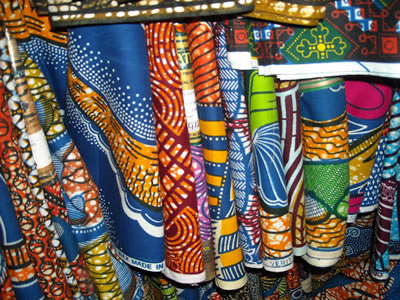


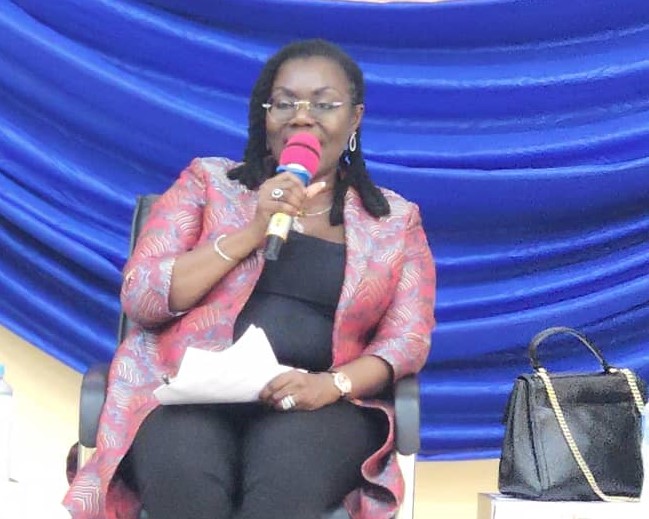
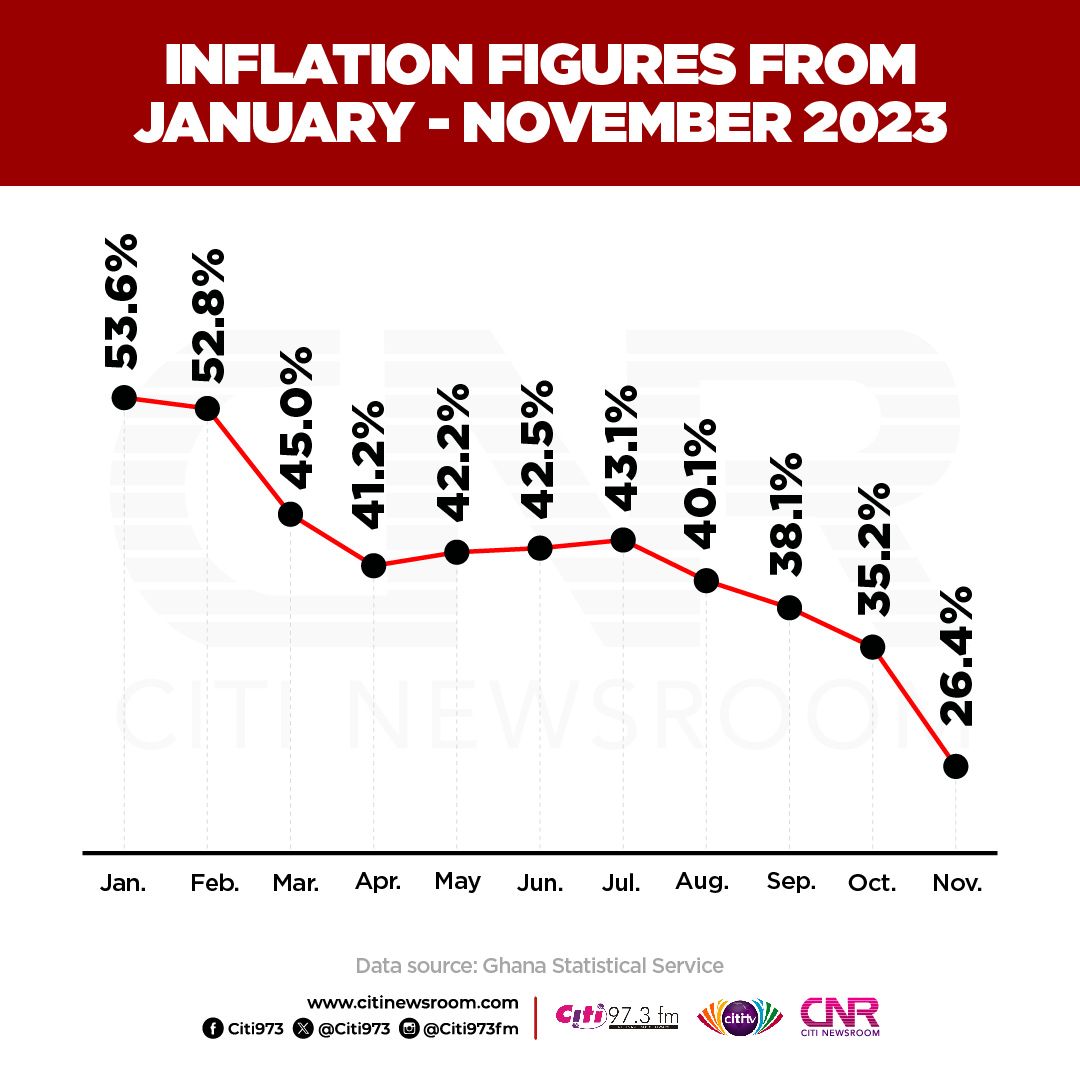






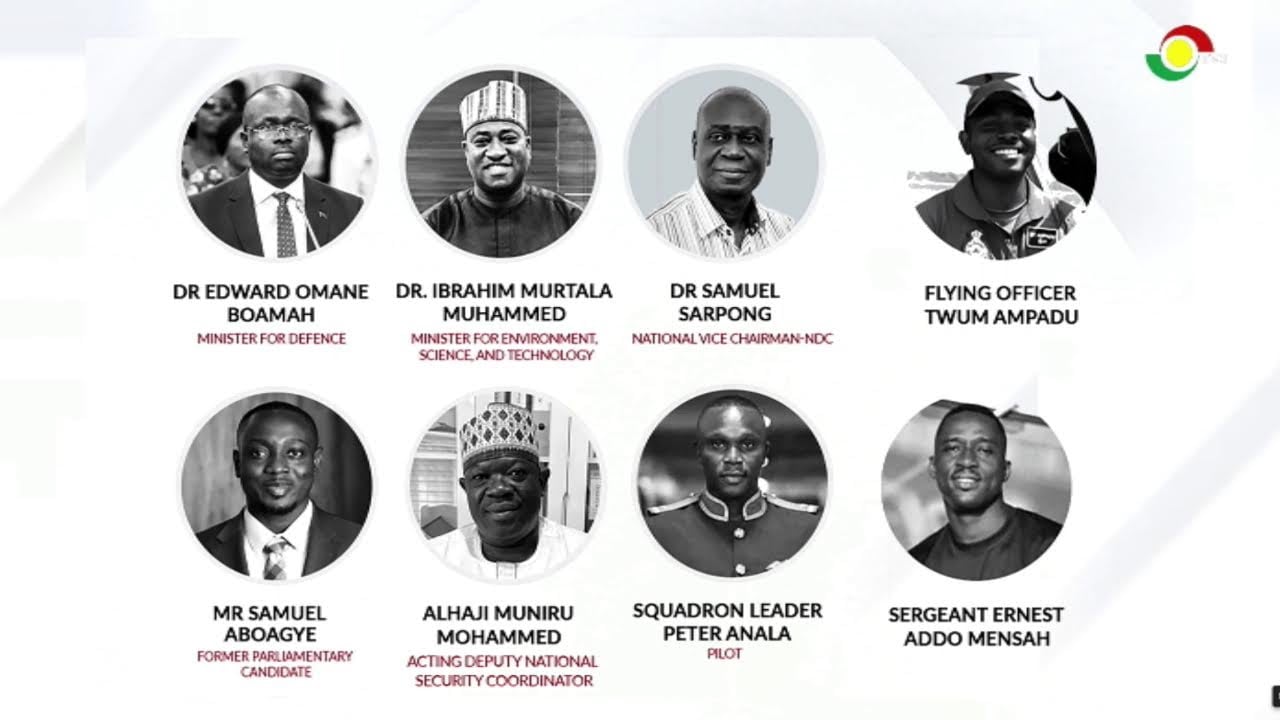

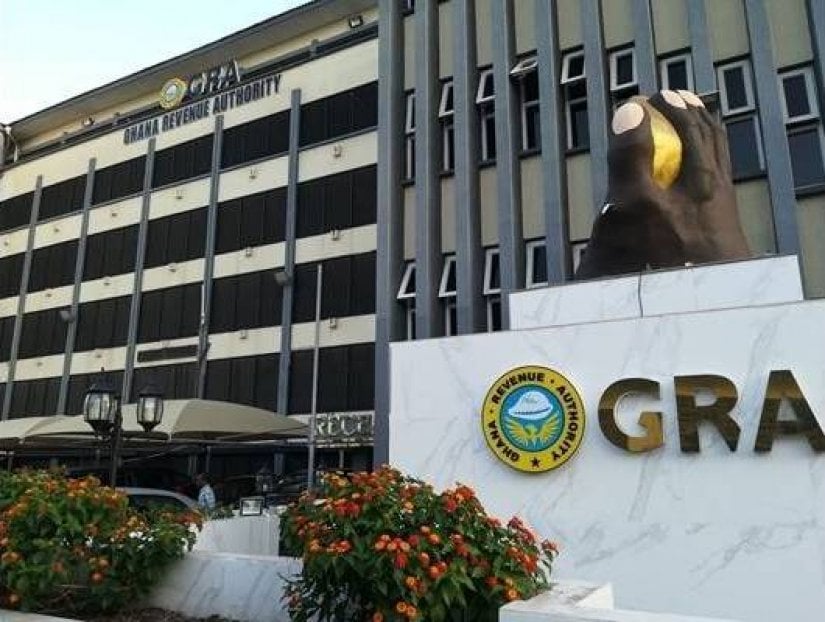
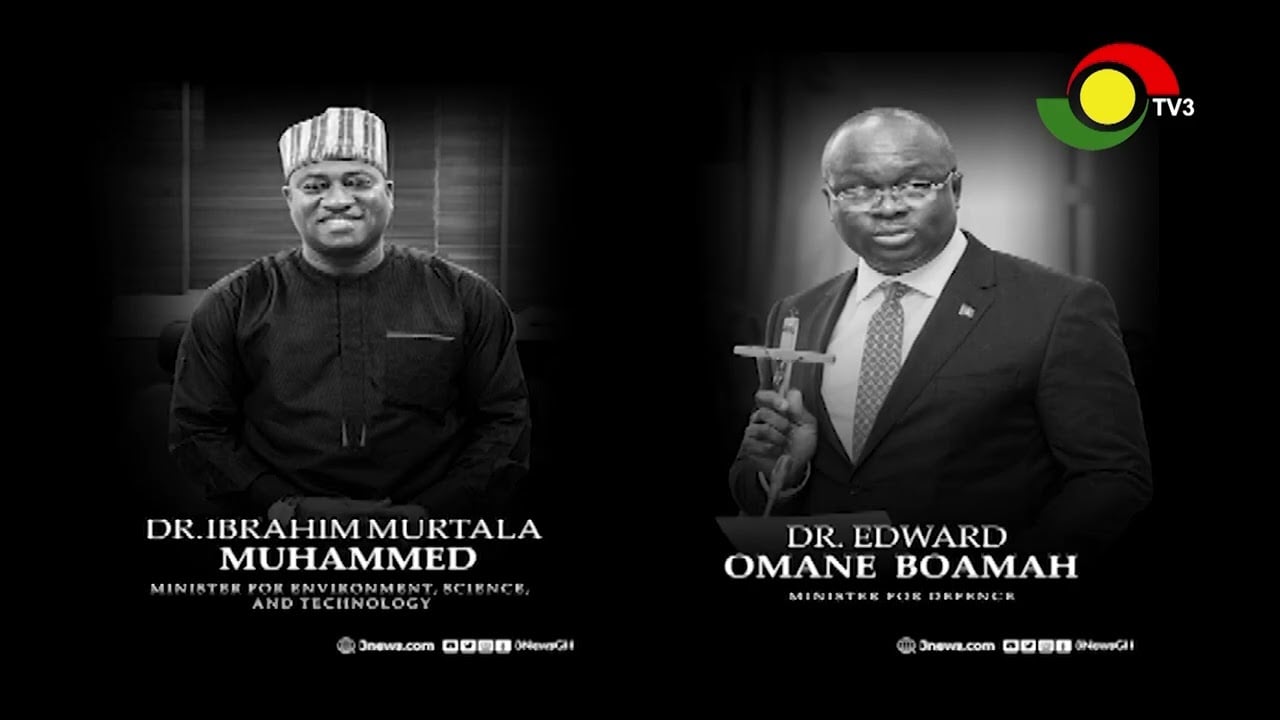
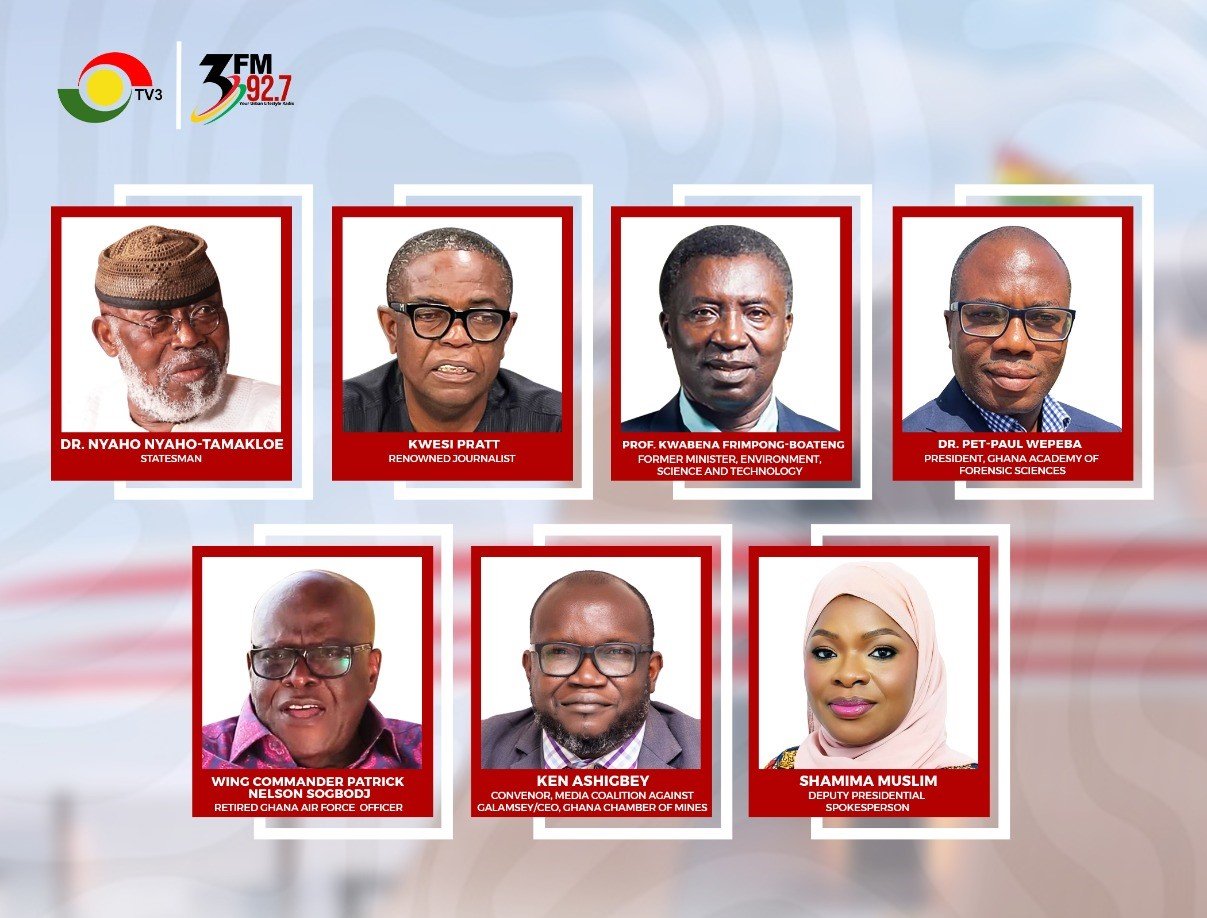
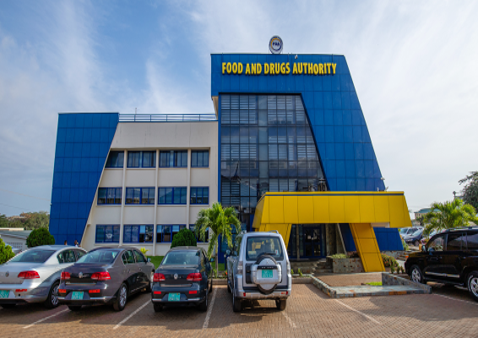





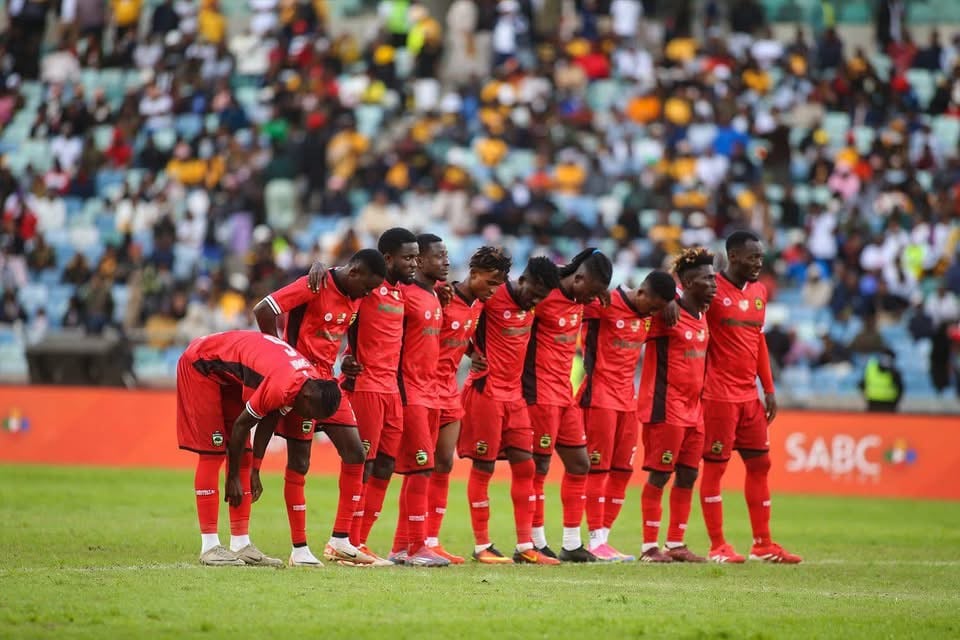
Facebook
Twitter
Pinterest
Instagram
Google+
YouTube
LinkedIn
RSS